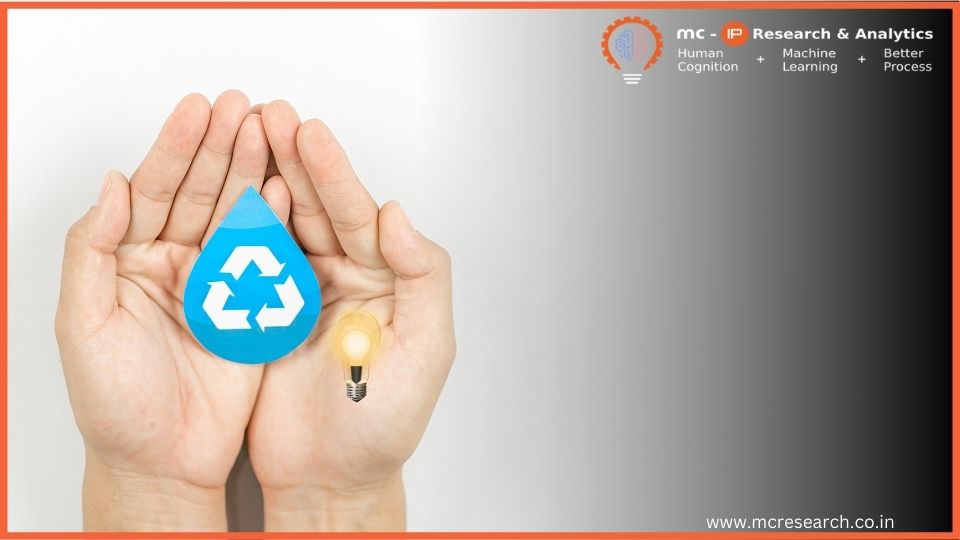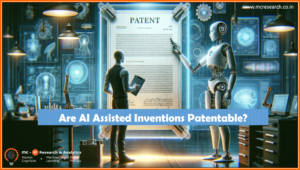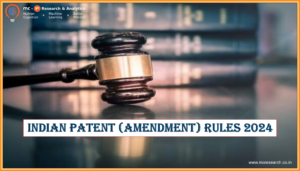Water sustainability refers to the long-term management and preservation of water resources in a way that encounters the necessity of the current scenario without compromising the ability of future generations to meet their requirements. It also includes reducing water waste and addressing issues such as flooding and drought.
Need of Water sustainability
Water is vital for human health and well-being and also for the health of ecosystems. Fresh water is a limited resource, and demand for it is increasing due to population growth and economic development. Climate change is also exacerbating water scarcity in many regions and increasing the risk of flooding and droughts.
Water is also a crucial resource for many industries, including agriculture, energy production, and manufacturing. Effective water management helps to improve energy efficiency, reduce greenhouse gas emissions, and protect natural ecosystems. Water management strategies, policies such as water rights allocation, pricing and metering systems, and regulation of groundwater usage are essential for sustainable water management.
Challenges to achieve water sustainability
|
Water scarcity |
- increasing demand from population growth and economic development, can exacerbate droughts and reduce water availability. - Irrigation is a major consumer of freshwater resources, and inefficient irrigation systems can lead to the over-extraction of groundwater resources, and depletion of surface water resources. |
|
Water pollution |
- Polluted water can cause health problems and damage ecosystems. - Effective wastewater treatment systems can help to remove contaminants and pollutants from wastewater |
|
Water Harvesting systems |
- Lack of investment in necessary infrastructure to sustainably manage and protect water resources. - Water harvesting systems can range from small-scale, household systems to large-scale, community-wide systems. - Desalination is another valuable tool for water sustainability, as it can provide a reliable source of water. |
|
Natural calamities |
Floods, landslides, and debris flow are all triggered by excess water, which can be harvested. |
Solutions for sustainable water management
Challenges in water sustainability management can be overcome by the current technologies in the area of agricultural and industrial usage of water, usage of natural resources in a systematic way, and recycling of polluted water.
- Smart irrigation
Two third of the world’s fresh water is used in agricultural fields for irrigation purposes. In near future the need for water in the agricultural field may increase by 30%. IoT based technologies combined with sensors can help us to control the wastage of water for irrigation purposes. These technologies include
• Sense the weather condition of the field before irrigation – e.g. rain sensor
• Sense the soil moisture near the plant root and humidity of the field before irrigation
• Develop mechanical parts of an irrigation system such as spraying nozzles with high efficiency and low precipitate for controlled irrigation
• Provide drip irrigation system
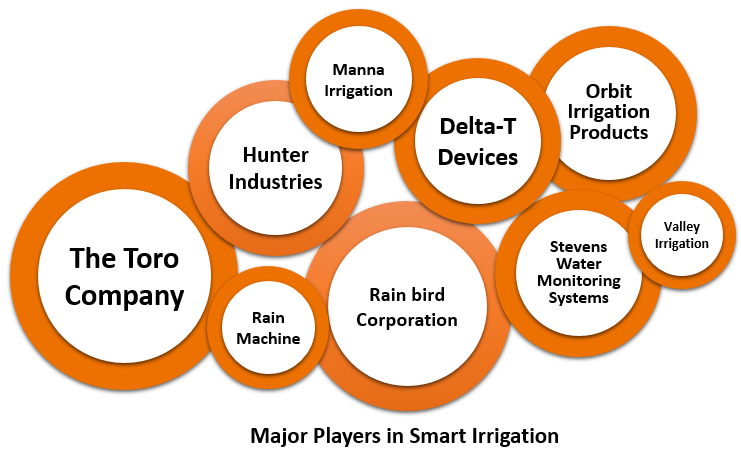
2. Rain water harvesting
Rain water harvesting is used in water sustainability management to avoid wastage of water in many countries. Rain water harvesting process involves collecting, storing, conveying and purification of rain water which run off from the building, roads and open grounds. Rain water harvesting system will have catchment, conveyance system, flush, filter and storage tanks.

3. Sea water Desalination
Desalination is a method to purify sea water, which makes 97% of world’s water. Desalination will remove mineral from the saline water, and there are different types of desalination.
Reverse Osmosis: It uses partially permeable membrane to remove ions, unwanted molecules of the water
Thermal desalination: This process involves evaporating the water into water vapour and condense it again in a pure form
Electricity desalination: Usage of a small electrical field to remove salts from sea water, which will avoid the usage of membrane and separate salt from the water at microscale
Forward osmosis: It uses semipermeable membrane to desalt seawater as a feed solution by employing a draw solution with higher osmotic pressure than seawater
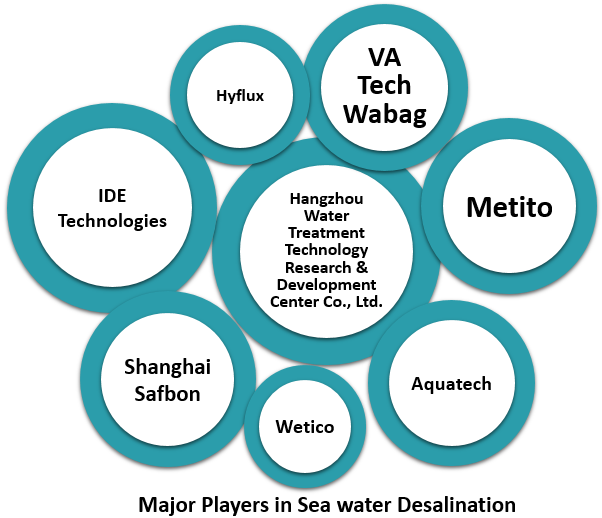
4. Fog collection
Fog collection is a process where fog is condensed into water droplets and collected. This process is done using a large piece of mesh netting attached to a trough for collection of water droplets. This technology is mostly used in the coastal and mountain area where the fog formation is high. Approximately 250-1100 litres of water can be collected per day in a high fog occurrence area. Cloud fisher is the technology mostly used in fog harvesting field in many areas.
5. Waste water treatment
The waste water generated by the industries and cities can be treated, and reused, to sustain ground water. There are many different technologies involved in waste water treatment, such as aerobic and anaerobic treatment, hybrid treatment, membrane based bio reactors, carbon filters, ultrafiltration, and reverse osmosis.
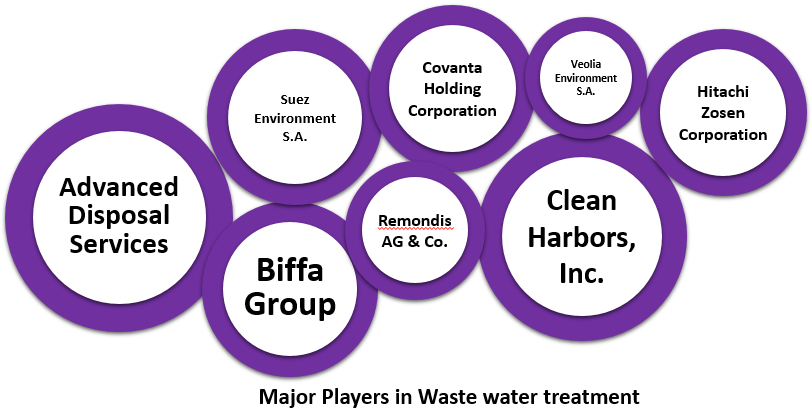
Different types of water sustainable projects across the globe
|
Saudi Arabia |
- restoration of a natural wetland and construction of a wastewater treatment plant in the Riyadh region - improve water quality and increase the availability of water for agriculture and industry |
|
|
India |
- increase the availability of clean water in rural communities by promoting the use of rainwater harvesting systems such as rooftop catchment systems and recharge wells, as well as training programs to educate community members on how to use and maintain the systems |
|
|
- improve water management and increase access to clean water in rural and urban areas. - construction of new water supply and irrigation systems, as well as the rehabilitation of existing systems |
||
|
China |
- improve water management and conservation in the Yellow River basin. - construction of new dams, the rehabilitation of existing irrigation systems, and the implementation of water-saving technologies in agriculture. |
|
|
- improve water management and increase access to clean water for irrigation in rural areas. - improve water management and increase access to clean water for irrigation in rural areas. |
||
|
USA |
- reduce water consumption in cities by promoting water-efficient technologies and practices. - distribution of water-efficient devices, such as low-flow showerheads and toilet flappers, as well as education and outreach campaigns to promote water conservation - implementation of water pricing and rebates to encourage conservation, and the use of smart water meters to provide real-time water use data to consumers. |
|
|
Australia |
- improve water management and increase access to clean water in rural and remote communities. - construction of new water supply systems, the rehabilitation of existing systems, and the promotion of water-saving technologies in agriculture. |
|
|
Brazil |
- improve water management and increase access to clean water in rural communities. - construction of new irrigation systems, the rehabilitation of existing systems, and the promotion of water-saving technologies in agriculture. |
|
|
- improve water management and increase access to clean water in rural and urban areas. - construction of new water supply and sanitation systems, as well as the rehabilitation of existing systems |
||
|
Canada |
- reduce water consumption and improve water management in cities and towns across the country. - distribution of water-efficient devices and the implementation of water conservation regulations. - water metering and pricing programs to encourage conservation. |
|
|
Russia |
- water management and increase access to clean water in rural and urban areas by managing the country's major river basins. - construction of new water supply and irrigation systems, as well as the rehabilitation of existing systems. |
How does the inventions file across the globe on water sustainability in 2022?
Multiple inventions file on water sustainability. Some of the major domains of patents filing come across waste water treatment, rain water harvesting, water purification, desalination, smart irrigation. Last year, around 4000 patents was published based on water sustainability. The major inventions were on water purification followed by desalination process of sea water which were predominant technologies in water sustainability.
Top players in the field of water sustainable management

Midea Group Holds maximum patents published in 2022, followed by Foshan Midea Chungho water purification manufacturing focused majorly on water purification process, systems and devices.
Patent trend on water sustainability in 2022

Interesting maximum number of patents was published in August 2022 by GREE ELECTRIC APPLIANCES on water purification systems
From where the innovation has evolved during 2022?

Patents which got published in 2022, 90% of the inventions filed from China in the field of water sustainability on desalination, water treatment, water purification, osmosis process etc.
Technology Trend
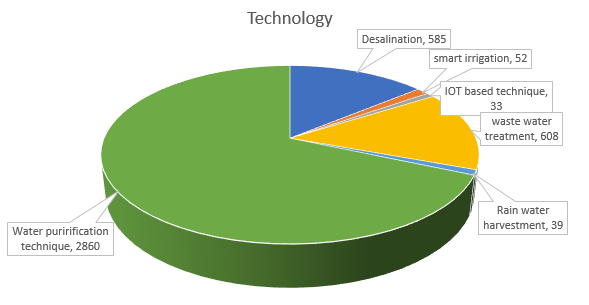
Conclusion
Water sustainability is a complex and pressing issue that requires immediate attention. The increasing population, urbanization, and climate change have placed a tremendous strain on our water resources, leading to water scarcity, degradation of water quality, and increased risk of flooding and droughts. It is essential that we take action to reduce water consumption and waste, protect and restore our natural water resources, and invest in new technologies and infrastructure to improve water availability and water quality. This includes:
– Encouraging individuals and communities to conserve water and use it efficiently through education and awareness campaigns, as well as implementing water pricing policies that reflect the true cost of water.
– Promoting water conservation in agriculture and industry by adopting more efficient irrigation practices, using drought-resistant crops, and investing in water-saving technologies.
– Investing in water treatment and infrastructure projects to ensure that water is clean and safe to drink and to prevent contamination and pollution of our water resources.
– Supporting research and development of new technologies to improve water management and water treatment, such as desalination, wastewater treatment, and rainwater harvesting.
– Supporting policies and regulations to protect water resources and reduce pollution, such as the implementation of environmental impact assessments and the development of water quality standards.
How can MCRPL help?
MCRPL is 20-year-old company that undertakes all kind of searches involving all scientific, and technical information that exists. Our team is a collaboration of experts holding Masters and PhD degrees in different fields. We apply extensive resources, and knowledge in the domains to work on such challenging, and complex searches.
We use the Human-plus-Machine approach (MCRANK) to ensure quality is immaculate, well-maintained SOPs, and internal manuals for working on typical searches. We have many patent agents that give us an edge in performing complex searches.
Water sustainability is a critical issue that affects us all. We can analyse the detailed pros and cons of the steps needed to help with water sustainability in any specific region and help you make a well informed conclusion with regards to the practicality of achieving your goals.

